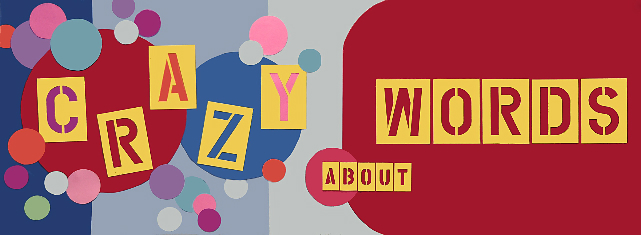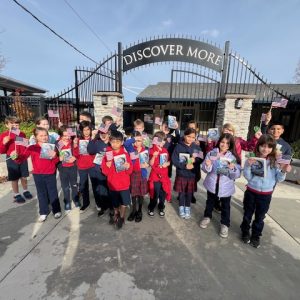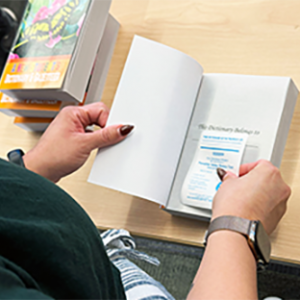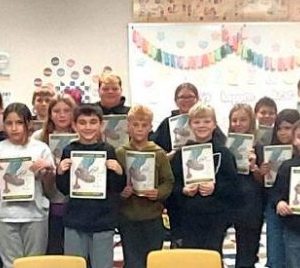The Invigilators
Joe Mc Kay’s “Crazy About Words”
…toasting our language since 2003!
Most of us can remember them, though we may not have known they were called anything but “exam monitors.” Invigilators had the tough job of appearing watchful every time you looked up from your paper, wondering, with eyes rolling, what the heck a particular test question meant. The word dates to the 16th century in English, from the Latin, “watched over,” and is defined as “one who supervises candidates during an examination.” Although “Premium Rush,” a new action-thriller about bicycle messengers, has been well reviewed, I think we can safely bet against anyone producing a movie with the same title as this month’s column anytime soon!
“Learning Words” is our subject, in celebration of Back-to-School time and of the 10th anniversary of the Lifetime Learning Program at Peconic Landing where I live and teach. Our learning activities, as we puzzle our way through life, have generated a vocabulary owing much to Greek roots.
Words like pedagogue (child-leading) and its lesser known companion, andragogue (adult-leading) are classic, and contrast different styles of teaching. Once they’ve done their kid-drills with a pedagogue in an abecedarian environment, children, like adults, learn best with an andragogue in a progressive learning environment. Thus, the word andragogy came to apply to the theory of “adult education” in which learners drive the process with their questions/desire to learn, while teachers facilitate. John Dewey developed his theories of progressive learning in the first half of the 20th century, and Malcolm Knowles championed adult education and the idea of lifelong learning in the latter half.
Autodidacts, self-taught persons who learn outside of an educational institution, are fascinating creatures who have the self-discipline to study and/or practice on their own to master a skill or increase their understanding of a particular subject. Whether achieved with or without a teacher, a polymath is learned in many diverse subjects, and is most often referred to as a renaissance (wo)man.
“Brainstorming” produces ideas in a collaborative, non-judgmental environment, “putting our heads together,” we might say. The term was coined by Alex Osborn, the “O” of BBD&O advertising agency, in the 1940s, to describe a process in which minds feed off one another for their mutual learning benefit. The term is now also applied to a singular effort to bring all of one’s wits to bear on a problem…so it is no longer oxymoronic to brainstorm on your own. And, “crowdsourcing” is a hot new word meaning to solicit ideas from a large group with something in common, kind of like the old-fashioned survey.
In education, the “pygmalion effect” describes a phenomenon in which a student does well or poorly depending on the expectations of others, including teachers. “We expect big things of you,” communicated to a student in various ways, leads to positive performance, and vice versa. The term comes from George Bernard Shaw’s Pygmalion, later the musical, “My Fair Lady,” lampooning the British class system. Eliza Doolittle, a Cockney flower girl, was taught to speak “properly” by Professor Henry Higgins, and convinced herself that she was a lady.
The class dunce, by contrast, remains unable to learn anything as long as the teacher keeps giving him that awful eponymous label. Named after John Duns Scotus, a 17th century philosopher, whose followers were referred to derisively as “Dunsmen” by those who disagreed with his theories, the unenlightened term (and the pointed cap) found its way into the vocabulary of childhood education and has been used until fairly recently.
For all the academic and experiential ways children and adults learn, it’s only in the “aha! moments” when individuals realize something or embrace information that becomes part of who they are. I once heard a speaker say that this word should be spelled “real-eyes” to better express how distinct such learning is from all the stuff we learn simply to pass tests.
We are cradle-to-grave learners, all of us. When we real-eyes this, we may become more aware too of how open-minded we are to fresh ideas and new information. Happy learning!
Please forward suggestions, comments, and questions to me at crazyaboutwords@gmail.com
Joe Mc Kay/September 2012






